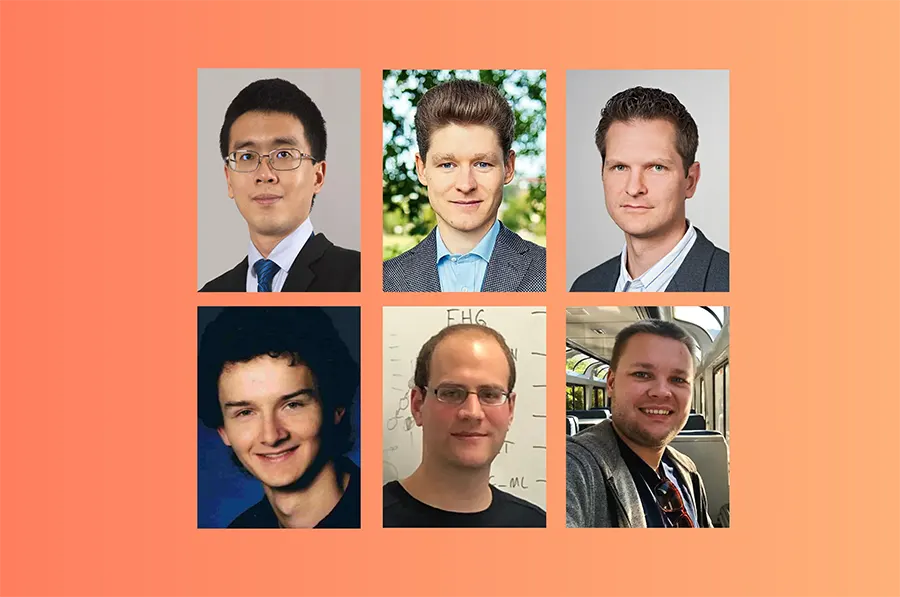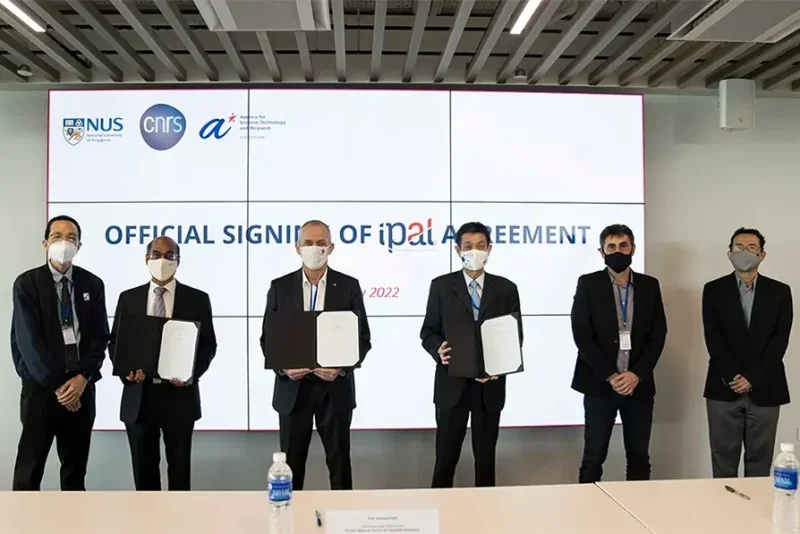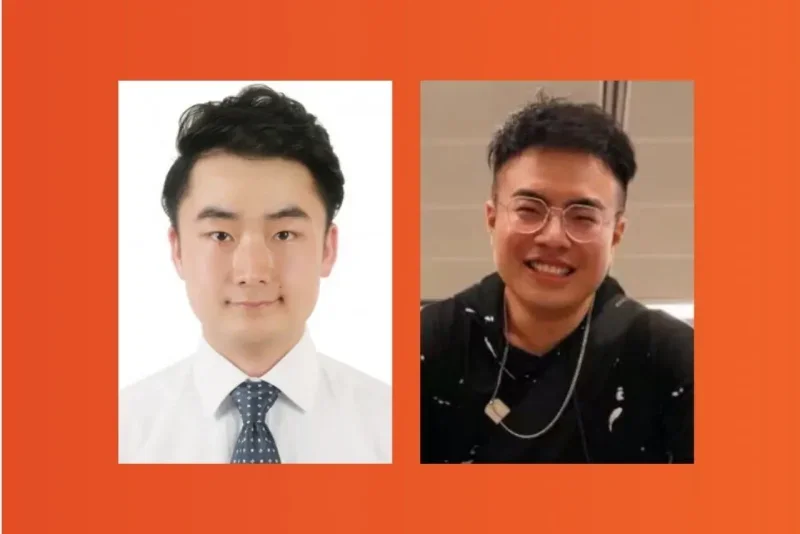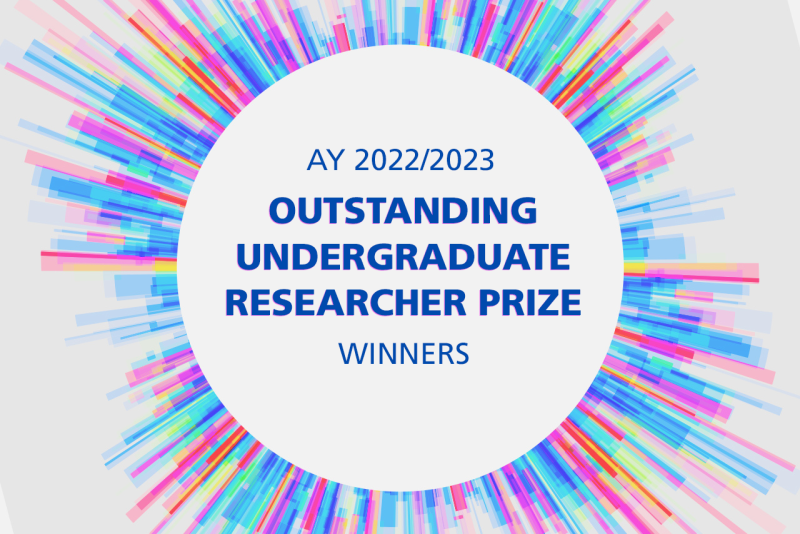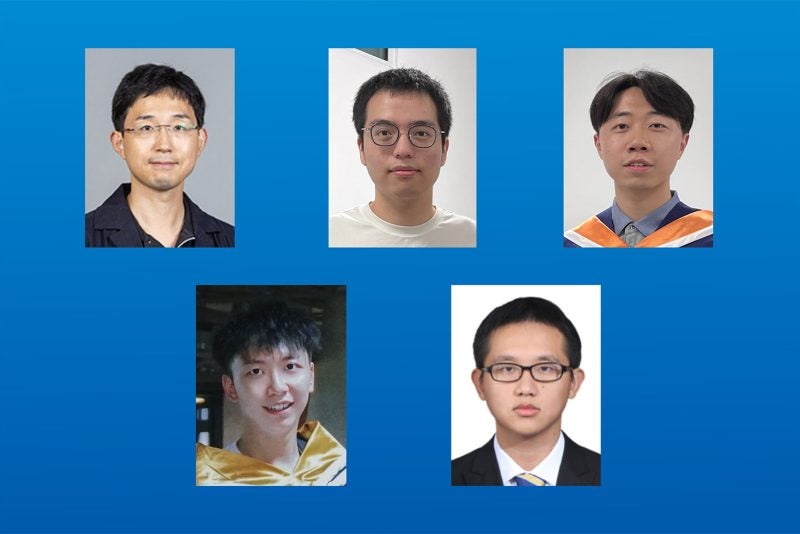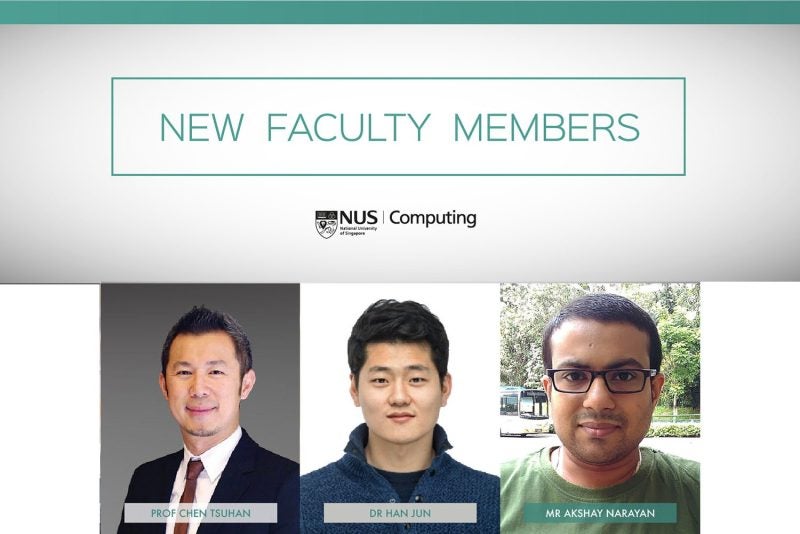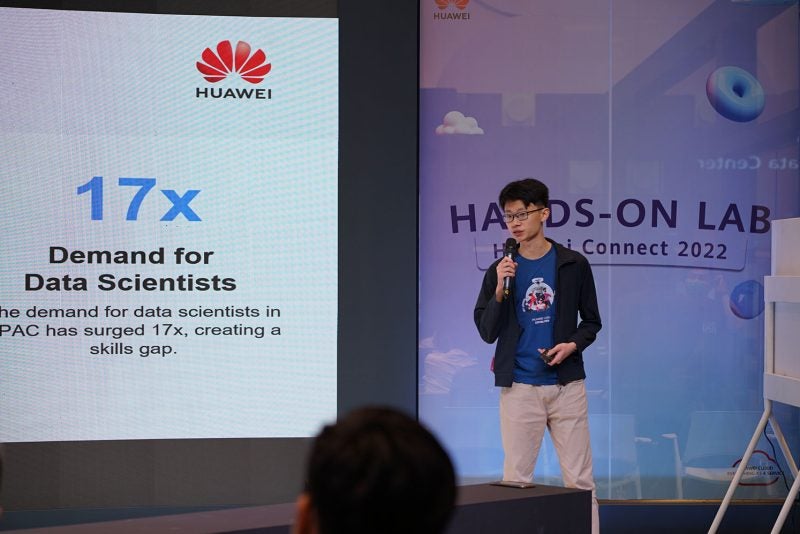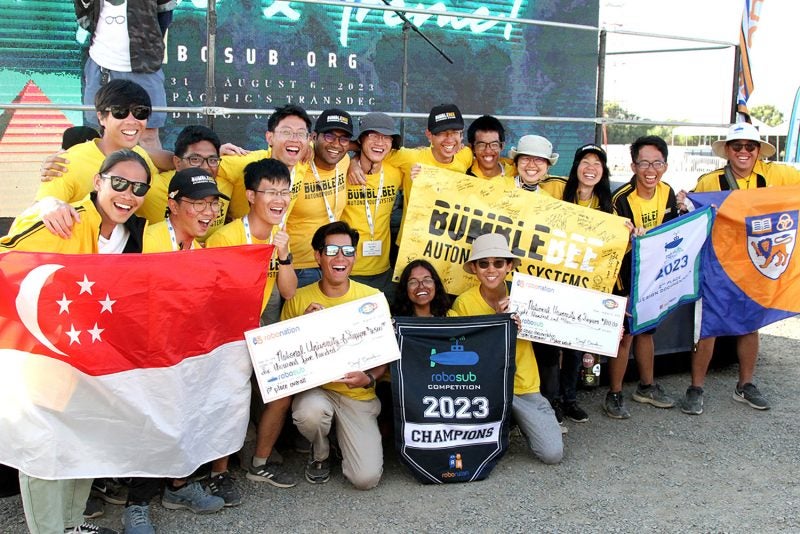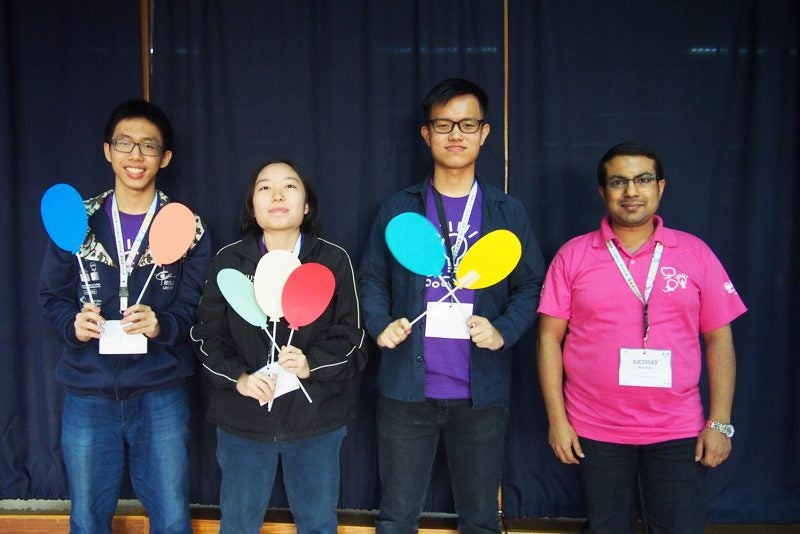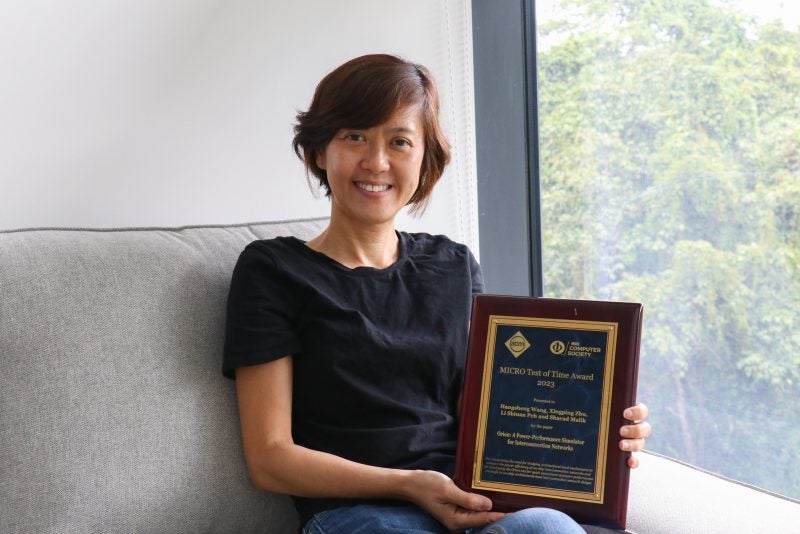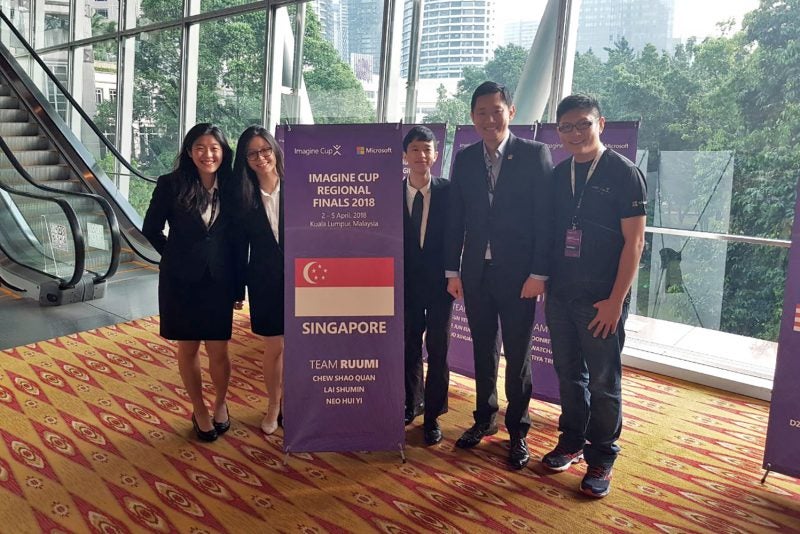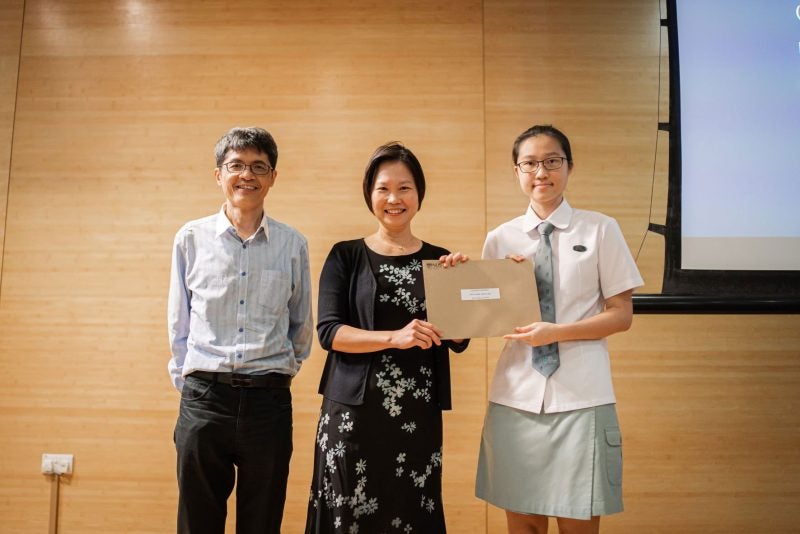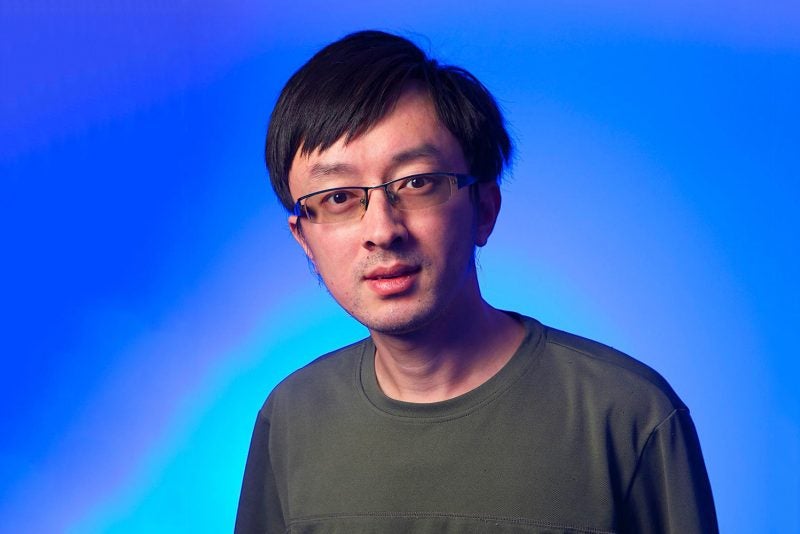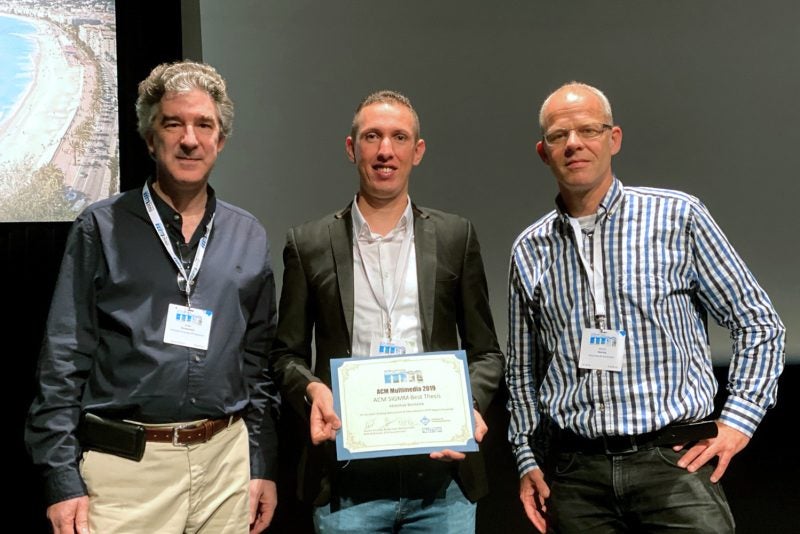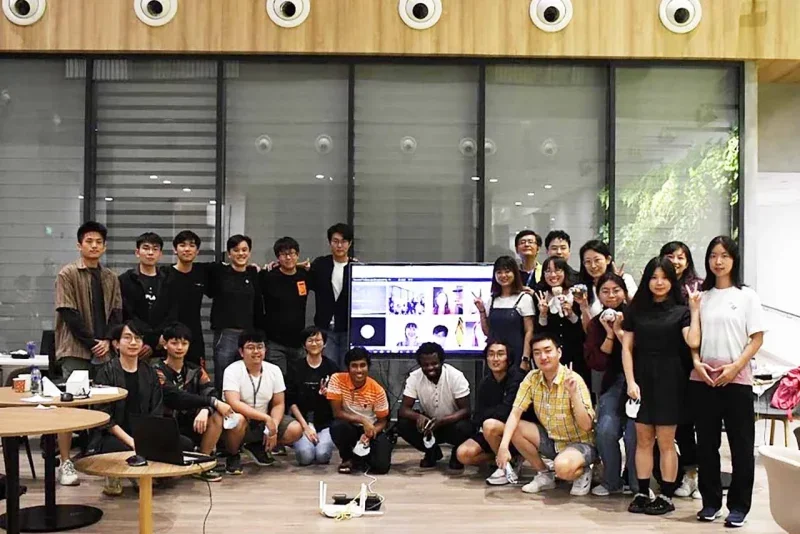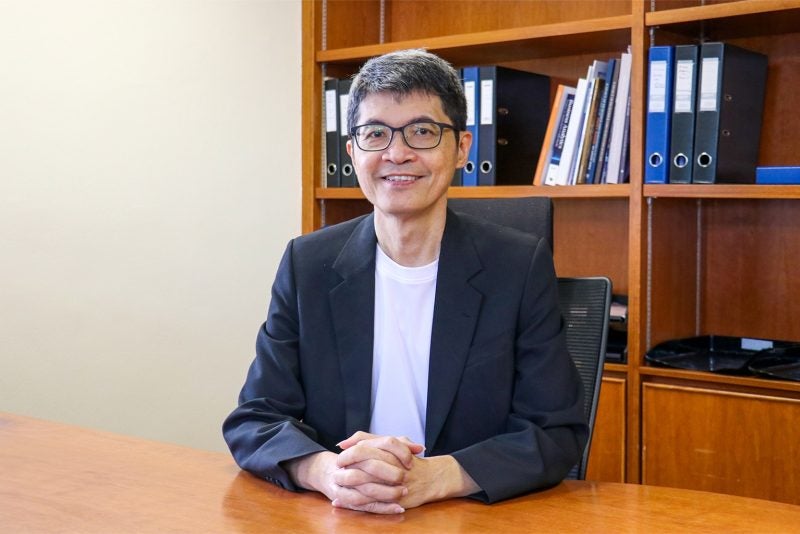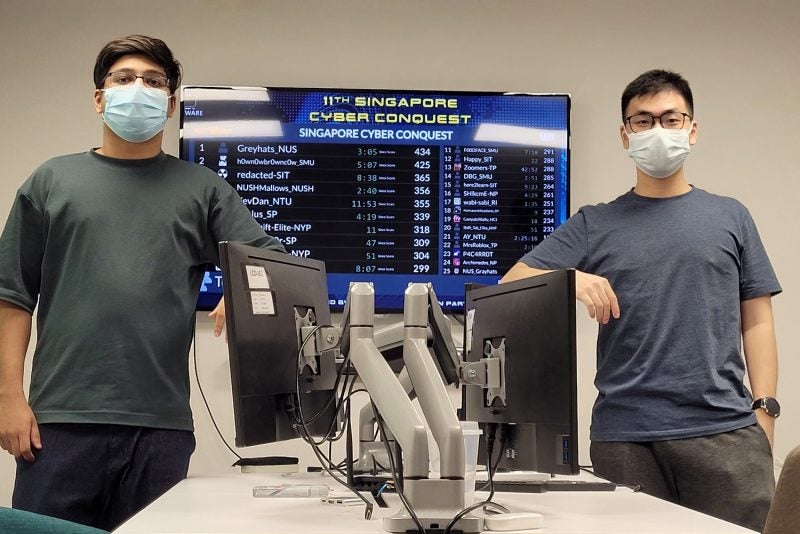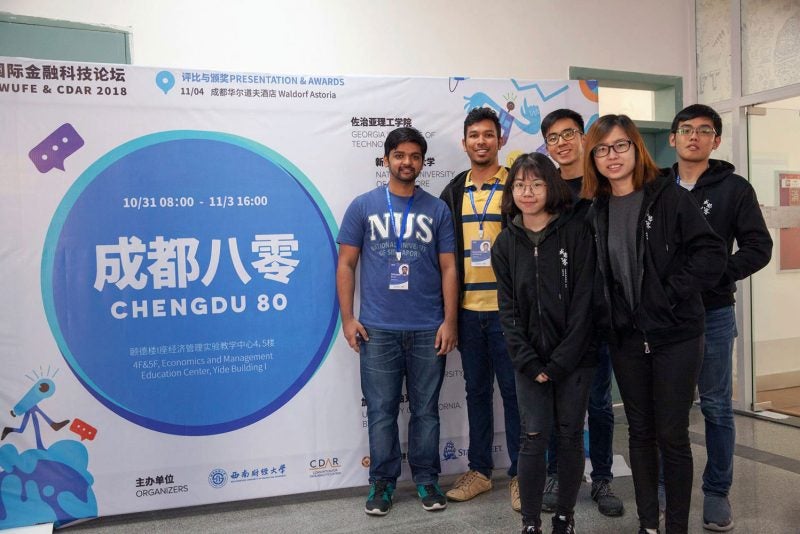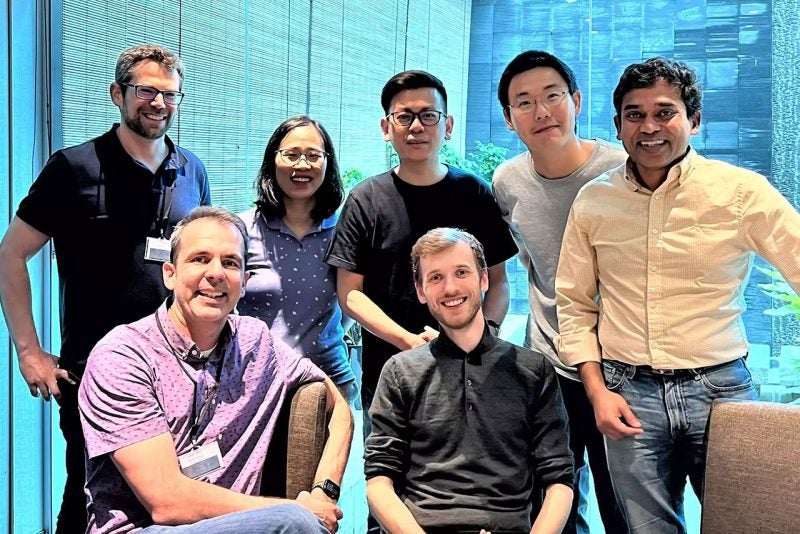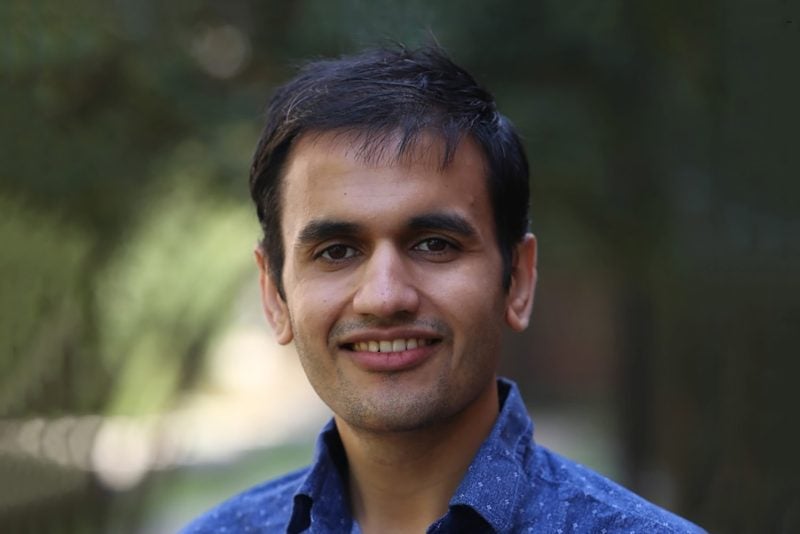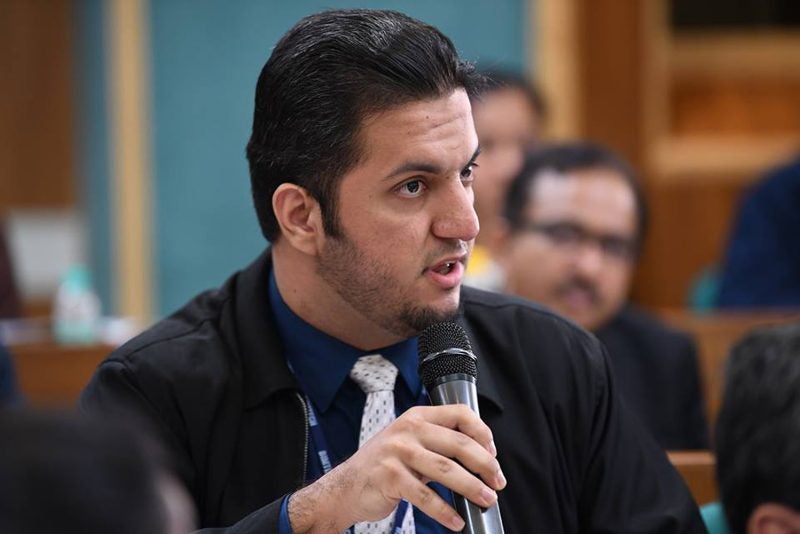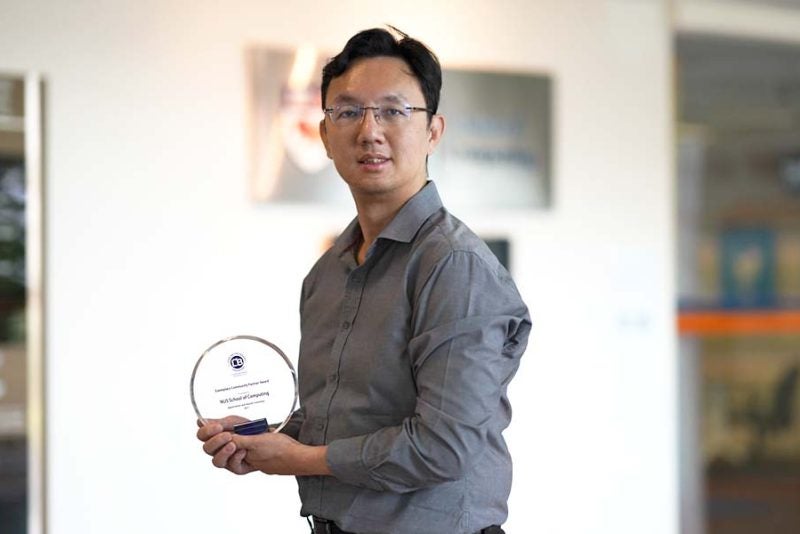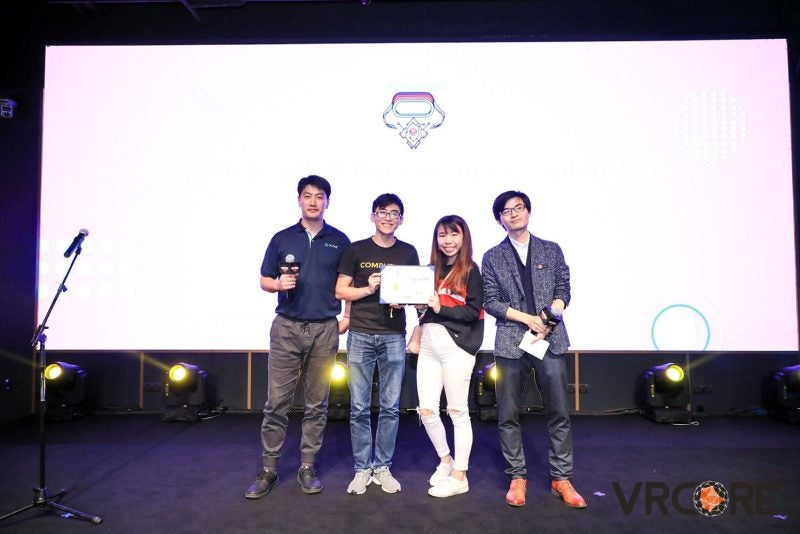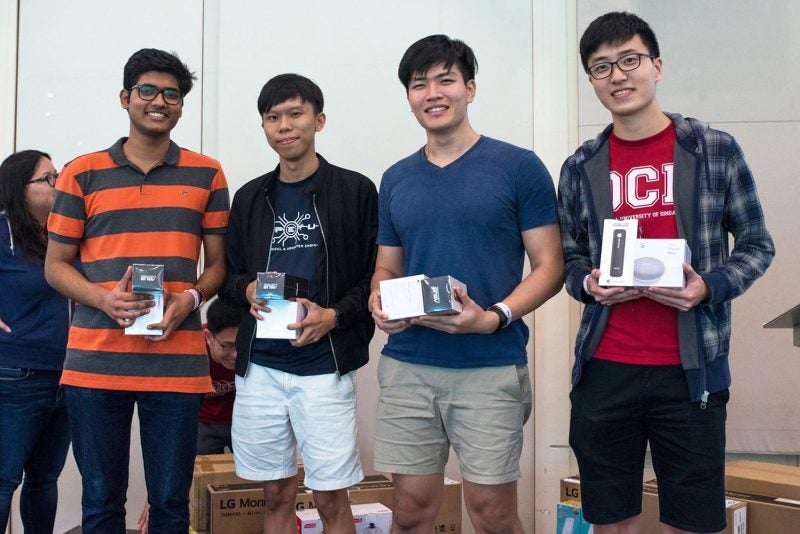17 December 2021 – NUS Presidential Young Professor Warut Suksompong and his collaborators have won the Best Student Paper Award at the 17th Conference on Web and Internet Economics (WINE), held virtually from 14 to 17 December this year.
WINE is an annual interdisciplinary forum for the exchange of ideas and results on incentives and computation arising from theoretical computer science, artificial intelligence, operations research, and economics.
Dr Suksompong and his collaborators – Argelander Professor Florian Brandl from the University of Bonn’s Department of Economics, Professor Felix Brandt from the Technical University of Munich’s Department of Informatics, PhD students Matthias Greger and Christian Stricker from the Technical University of Munich, and postdoctoral researcher Dominik Peters from the University of Toronto – presented their paper, Funding Public Projects: A Case for the Nash Product Rule, at WINE 2021.
The award recognises the work by Greger and Stricker, who are studying for their PhD in Mathematics at the Technical University of Munich.
In the paper, the team studies how a community of participants who wish to fund public projects can coordinate spending in order to identify a mutually beneficial distribution of individual monetary contributions.
Such scenarios include residents of an apartment complex who want to coordinate spending on gardening in a courtyard or on cleaning services, and student clubs in a university who are coordinating funding for events and meet-ups.
In the paper, the team introduced the notion of “contribution incentive-compatibility” and showed that it is satisfied by the Nash product rule, a mechanism that determines a socially optimal distribution of the money pooled for such public projects.
“In addition to being contribution incentive-compatible, this rule spends each participant’s monetary contribution only on projects that the participant finds acceptable, and the distribution that it produces is efficient in the sense that no other distribution can improve the utility of every participant who makes a contribution. As a result, participants are strongly incentivised to participate in the Nash product mechanism,” explained Dr Suksompong on behalf of the team.
He added: “Besides funding public projects, another important application of our work is donor coordination. For example, tax payers in Italy have the option under the “cinque per mille” program to redirect 0.5% of their personal income tax to a non-profit organisation of their choice. Allowing each person to indicate several preferred organisations, and using the Nash product rule to determine the distribution, could lead to a better societal outcome.”
The team also received a prize money of €500 from Springer. To illustrate the theory of their research in real-life, they intend to donate their prize money and coordinate their donations via the Nash product rule.

